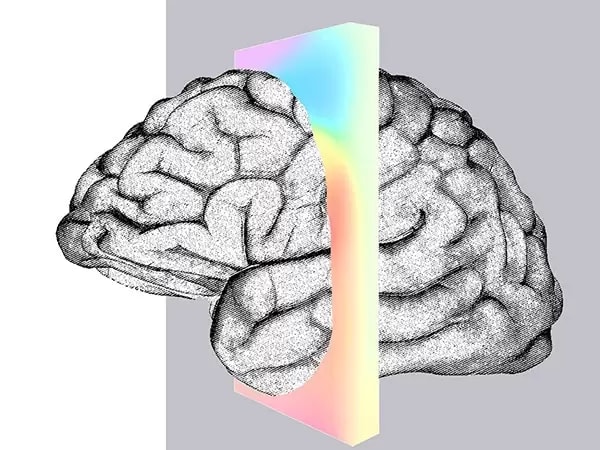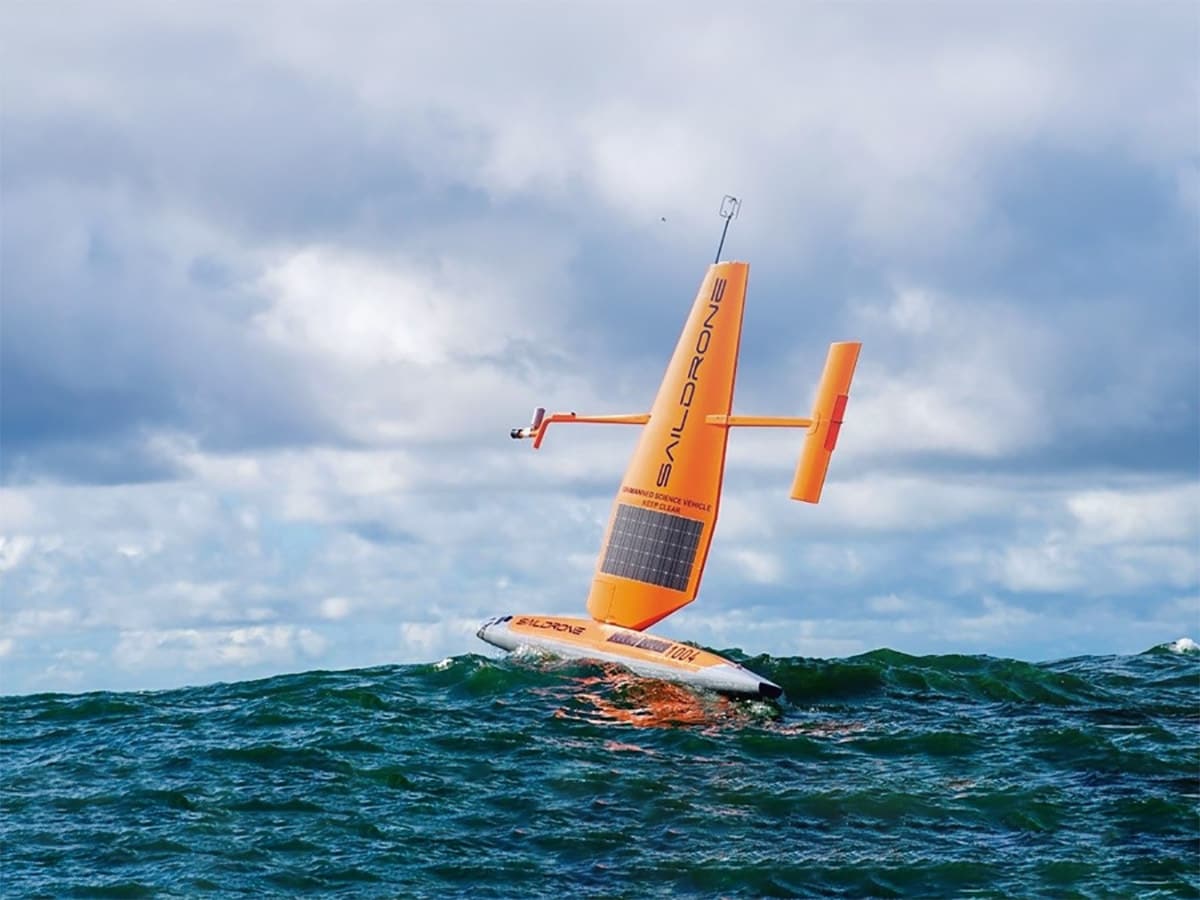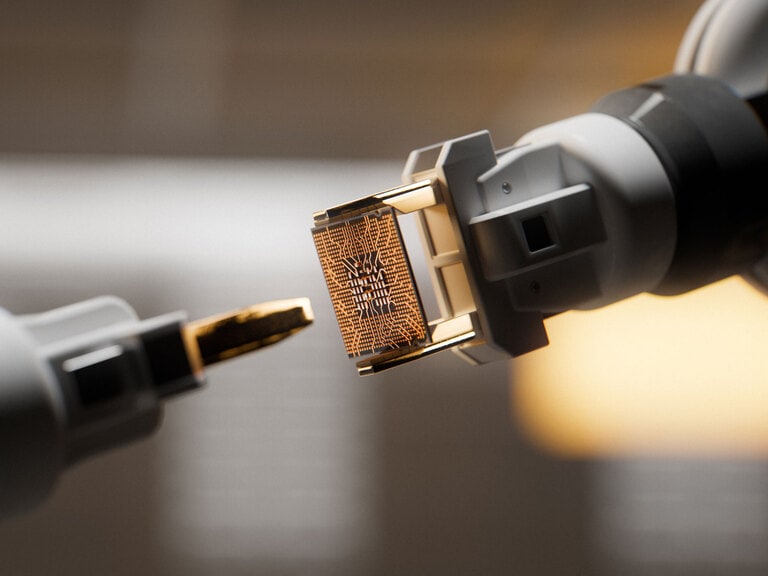The quest to anticipate emerging technology trends continues to build pace alongside the sector’s exponential growth. Here, Opto looks at the companies furthering three innovations that could disrupt throughout the next decade.
Brain-computer interface: Mind control
Computer chip installed into brain tissue that wirelessly connect to the digital world are an emerging technology that Elon Musk is at the forefront of. The Tesla founder is behind Neuralink, a brain-computer interface startup that, he says, will wire your brain to the internet by “merging” with artificial intelligence. The potential benefits span from controlling depression and anxiety to curing dementia and paralysis.
The ability to read signals from the brain has been around for years, but Musk is taking this academic research to the commercial market. The chip implanted into the brain is so small that Musk had to commission a surgical robot from San Francisco industrial design firm Woke Studio to insert it. Investors, such as Founders Fund, have poured a total of $363m into the company, including $205m being raised in a Series C round in July 2021.

3D imaging: Holographic realities
Reimagining 3D landscapes, helping doctors visualise patient data and impressing security images on bank cards and notes are some of the potential use cases of holographic technology. A team at the Massachusetts Institute of Technology has developed tensor holography that uses neurons to allow computers to ‘see’ images as humans do.
$17m
Total funding UK 3D holography firm VividQ has received
UK startup VividQ is using ground-breaking precision engineering of light fields to create algorithms that enable the generation, compression and transmission of 3D holographic images and video. A recent funding round raised £11m to bring its total to £17m.
Ocean tech: A sea change
The so-called blue economy is a generic term used by economists to cover any innovative tech deployed in the sea, from ocean thermal energy conversion to precision fishing. With only 5% of oceans explored, 19% of which are mapped, experts at Bank of America see the global ocean economy valued at $3trn by 2030.
$3trn
Value the global ocean economy is expected to reach by 2030, per Bank of America
Eye-catching sea-changers include Saildrone, a California-based autonomous boat company, which maps and surveys the world’s oceans to track everything from weather, such as wind patterns and storms, to illegal fishing, piracy and trafficking. It has raised $190m in funding since 2012. Meanwhile, OceanTech Acquisitions, which filed in 2021 for a $100m SPAC IPO, is targeting the leisure marine industry, with enterprise values between $250m and $1bn.
Continue reading for FREE
- Includes free newsletter updates, unsubscribe anytime. Privacy policy





